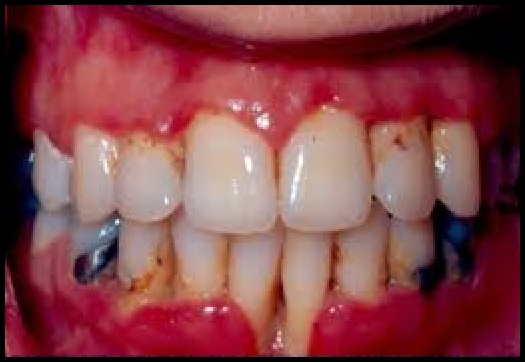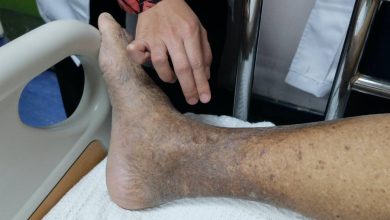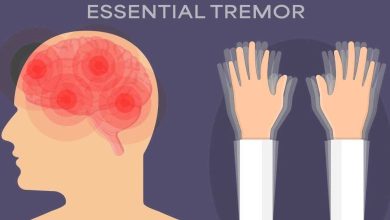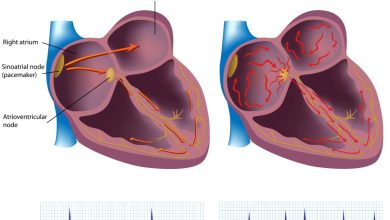Trench Mouth Causes, Symptoms, Diagnosis and Treatment

What Is Trench Mouth ?
Trench mouth, also known as acute necrotizing ulcerative gingivitis, is a non contagious and a common gum infection which has a sudden onset.
It is known to cause painful, infected, bleeding in gums and may also lead to ulcerations. It is relatively more common in developing countries than developed countries.
Classified as a necrotizing periodontal disease, trench mouth has a higher risk of development in those who have poor hygiene and those who indulge in smoking.
The name “trench mouth” was coined after during World War I as many soldiers developed the disease, probably because of the poor conditions and extreme psychological stress.
Causes Of Trench Mouth:
Trench mouth is caused by a mixed bacterial infection that includes anaerobes as well as spirochetes.
A weak immune system is unable to fight against harmful microorganisms found in the mouth. If such bacteria spread out of control, gums may get infected and trench mouth occurs.
It is also be associated with diseases in which the immune system is compromised. Th9is may include AIDS/HIV.
The following factors increase the probability of developing trench mouth:
- Smoking
- psychological stress
- Malnutrition
- Weak immune system
- Poor oral hygiene
- Having throat, tooth or mouth infection
Symptoms Of Trench Mouth:
The following signs and symptoms are exhibited by those who develop trench mouth:
- Severe gingival pain
- Profuse gingival bleeding that requires little or no provocation.
- Ulceration
- Oral malodor (intraoral halitosis).
- Bad taste (metallic taste)
- Severe gum pain
- Red or swollen gums
- Pain when eating
- Gray film on gums
- Fever and fatigue (malaise)
- Swollen lymph nodes around head, neck or jaw
- Cancrum oris may occur
Diagnosis Of Trench Mouth:
Trench mouth can be diagnosed via:
- Examination of mouth and gums
- Dental x-rays, to determine whether bone loss has occurred
- Smear for fusospirochaetal bacteria andleukocytes
Treatment Of Trench Mouth:
The following treatment options are available:
- Medications
- Antibiotics, to inhibit bacteria growth
- Pain relievers, to manage pain
- Antiseptic mouth wash, for decreasing bacterial count
- Cleaning teeth and gums
- Irrigation and debridement of necrotic areas
- Rinsing mouth with antiseptic solution
- Surgery
- Providing oral hygiene instructions
By : Natural Health News




